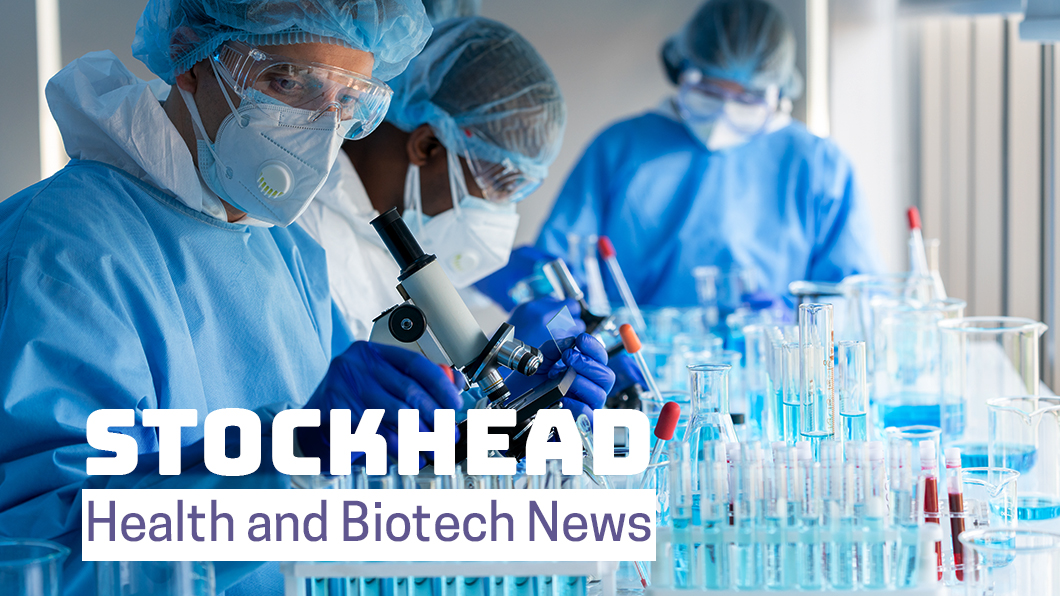Imugene led a biotech buying frenzy on the ASX today

Pic: Godji10 / iStock / Getty Images Plus via Getty Images
A series of ASX announcements has attracted investors to the biotech sector today, lifting the share prices of some of its players.
The buying frenzy has also lifted the broader health sector by as high as 1 per cent earlier today, but is currently trading flat.
Immuno-oncology stock Imugene (ASX:IMU) is one of the biotech plays that had gained investors’ attention, with its price rising by more than 8 per cent at one point, before softening to 4.5 per cent at the time of writing.
The company announced a licensing agreement with world-renowned cancer research centre in Los Angeles, the City of Hope.
The worldwide licence covers a novel method of immunotherapy, which combines oncolytic virus and cell therapy technology.
This novel therapy unleashes City of Hope’s genetically-engineered oncolytic virus (CD19), enabling CD19 directed chimeric antigen receptor (CAR) T cell therapies to target solid tumours, which are currently otherwise difficult to treat with CAR T cell therapy alone.
The therapy has been approved by the US FDA, and research into it was published on the front cover of the prestigious journal Science Translational Medicine.
Other biotech companies that have made announcements and done well today include:
BARD1 Life Science (ASX:BD1)
The shares of BARD1 were up by as high as 7 per cent today, before profit taking took the shares lower to just a 0.5 per cent gain.
The company announced the launching of its first Molecular NET product, EXO-NET, its proprietary technology that allows fast, accurate and scalable capture of exosomes from any biological sample including blood, urine and saliva.
Exosomes are nanoparticles that are released from cells, including cancer cells, into body fluids, and are a crucial component in the diagnosis and treatment of numerous diseases.
According to published research, the global exosome market including research tools, diagnostics and therapeutics is expected to reach US$2.3 billion by 2030.
Rythym Biosciences (ASX:RHY)
Investors have also bought Rythym’s shares today, pushing its share price by as high as 10 per cent.
The medtech company announced that its priority for FY22 is to fast-track the commercialisation of its cancer detection technology, ColoSTAT.
The ColoSTAT is a blood test that can detect colorectal cancer at all stages, including the early ones. The test is an immunoassay – a biochemical test that measures the presence or concentration of multiple protein biomarkers for colorectal cancer.
Progress so far includes the commencement of the initial stages of FDA approval, and efforts to obtain CE mark approval in Europe, and TGA certification in Australia.
The company says the potential market for ColoSTAT is estimated to be over 100 million people just in Australia, Europe and the United States alone.
Proteomics (ASX:PIQ)
Medtech company Proteomics rose by 0.5 per cent today, after announcing a new contract with Avance Clinical, Australia’s largest clinical trial contract research organisation.
The contract will see Proteomics perform advanced pharmacokinetic testing of a novel drug for lysosomal storage disorder.
Pharmacokinetics is the study of what happens to drugs once they are inside the body.
The testing signed today will be part of a Phase I clinical trial on the lysosomal storage drug on behalf of a US pharmaceutical company.
This deal, which is worth $243,000 to Proteomic, is the company’s largest single analytical services contract to date.
LBT Innovations (ASX:LBT)
The AI-based medtech company’s shares soared by more than 12 per cent today, after announcing the sale of two of its APAS Independence instruments to the Health Services Laboratory (HSL) in the United Kingdom.
The APAS Independence instrument is an FDA-approved automated process that can process over 200 culture plates, a laboratory container that grows bacteria and cells, per hour, which is at least three times faster than manual culture plate reading.
The company says today’s sale has built awareness of its APAS technology, and is the first step towards it becoming a technology leader in microbiology in the UK.
Share price charts:
Related Topics

UNLOCK INSIGHTS
Discover the untold stories of emerging ASX stocks.
Daily news and expert analysis, it's free to subscribe.
By proceeding, you confirm you understand that we handle personal information in accordance with our Privacy Policy.








